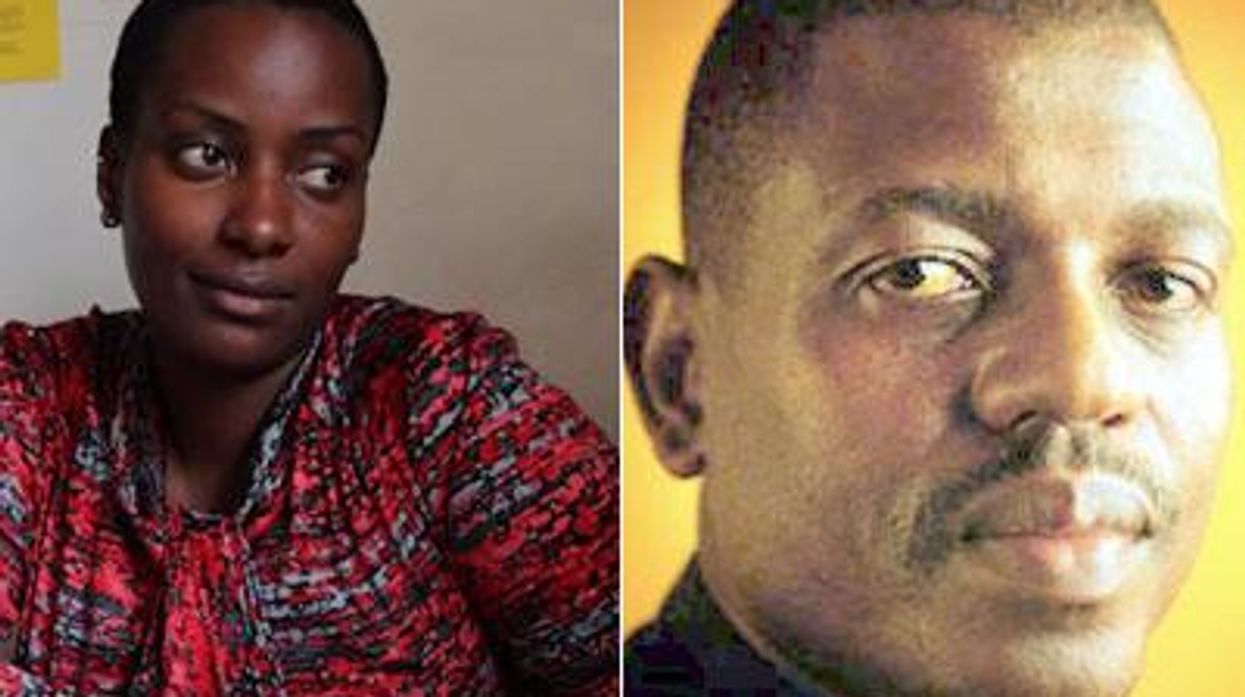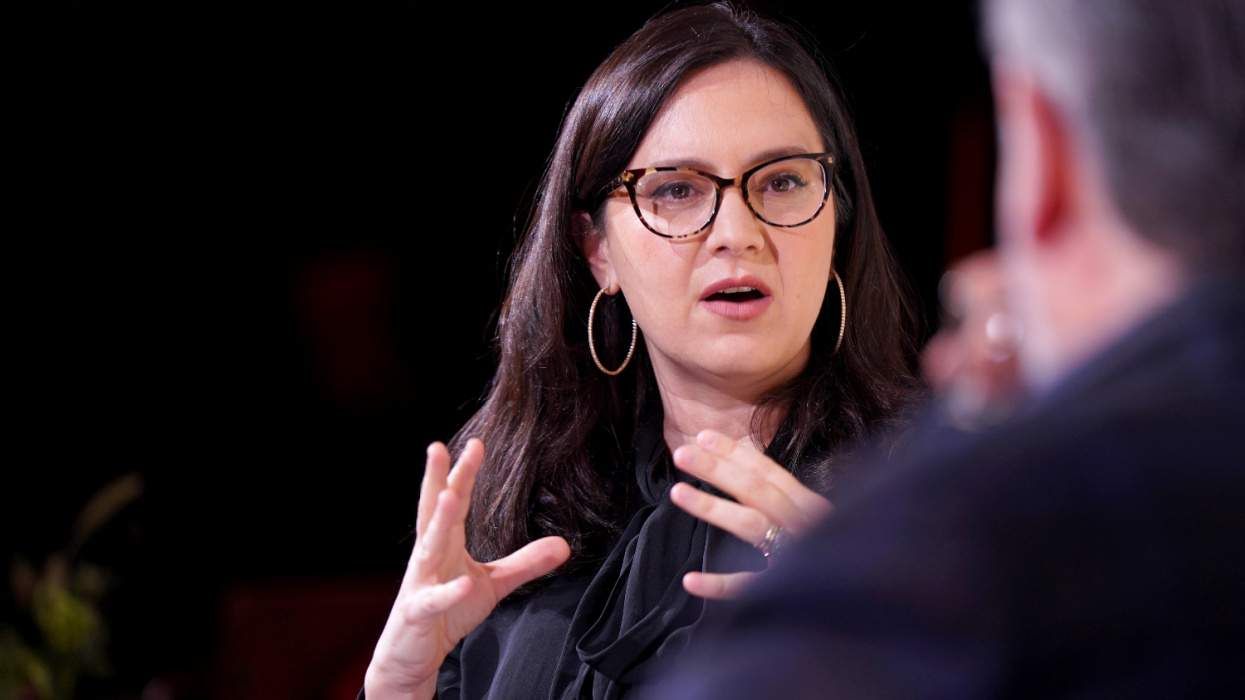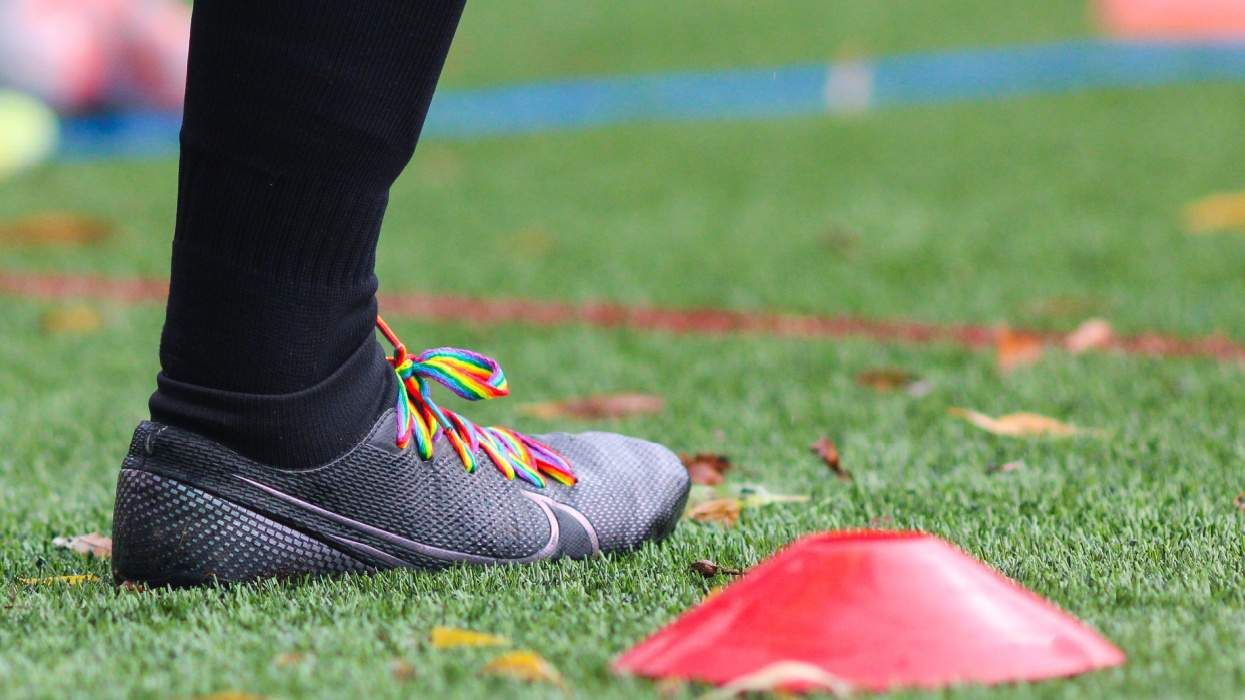Criminal charges against leading Ugandan LGBT rights activist, Samuel Ganafa, have been dismissed by a court grown weary of prosecutors' delay tactics, according to news blog 76 Crimes.
While serving as chairman of the board for Sexual Minorities Uganda, Ganafa and four of his colleagues were arrested in November 2013. Initially detained for several days without being informed of the charges against them, Ganafa and his colleagues were ultimately released on bail, while only Ganafa faced charges of "sodomy," in addition to intentionally infecting someone with HIV. . Now, Ganafa is free from those charges, which Ugandan LGBT activists characterized as "trumped up."
"The court action is a good sign," a post on Ganafa's Facebook timeline reads, according to 76 Crimes. "[B]ecause it's independent and opens a window of hope for us. We also expect the same action to be taken in other cases currently before the courts. I pray that the courts will ward off possible pressures from the anti-gay lobby."
Ganafa, who works in telecommunications, had been pilloried in Uganda's powerful antigay mediaspere, with one headline reading "Telecom Boss in Sodomy Scandal." As one of the few older LGBT activists who has been out as gay for some time in Uganda, he has been actively engaged in the fight to win LGBT equality in the East African nation on multiple fronts, including as executive director of Spectrum Uganda Initiatives, one of the nation's only surviving LGBT advocacy groups.
Following the dismissal of charges, Ganafa praised the independence of the Ugandan court system from the largely antigay and homophobic legislature, as well as Uganda's president, Gen. Yoweri Museveni. In February, Museveni signed into law the draconian Anti-Homosexuality Act, which was passed late last year by the Ugandan Parliament.
"In the same independent stance, the Constitutional Court earlier struck down the anti-gay law, citing the lack of quorum in its passing," Ganafa continued on Facebook.
In August, a Constitutional Court in the capital city of Kampala struck down Uganda's AHA, which had provided sentences of up to life in prison for "aggravated homosexuality," defined as repeated same-sex sexual contact with between conseting adults, such contact with a minor, while HIV-positive, under the influence of drugs or alcohol, or with someone who was mentally disabled.
While the overturn of Uganda's AHA was celebrated throughout the beleaguered LGBT community, advocates warn that because the court only threw out the law on a technicality, Parliament could pass and the president might sign a revised law with similar -- or even harsher -- provisions.
Nevertheless, Ganafa is optimistic about human nature and about Ugandans' capacity to evolve their attitudes toward LGBT people.
"It's good for the people of Uganda to respect the human rights of sexual minorities," Ganafa's Facebook post continued. "I know it will take time for the majority to appreciate the sexual diversity amid our society and humanity."
Ganafa's faith in the goodness of Ugandans is reflected in recent comments by another leading LGBT activist from the country. Clare Byarugaba is an out lesbian, who recently sat down with GLAAD's Claire Pires for a video interview that sheds light on how a handful of leading homophobes in the country misinform and manipulate the Ugandan public.
Watch as Byarugaba explains that Ugandans are not naturally homophobic:















